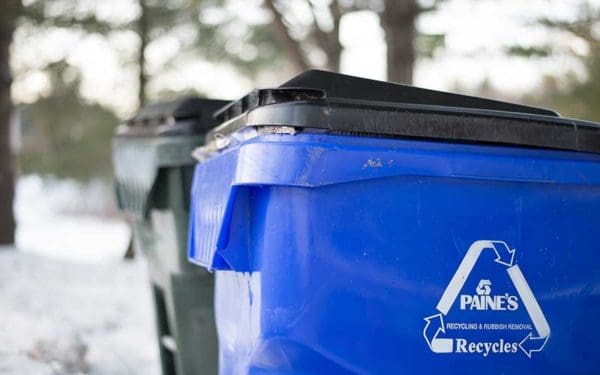Cleaning Up Great Bay Can Help Us Tackle Trash Pollution
CLF’s Great Bay–Piscataqua Waterkeeper brings together partners and dozens of volunteers on annual cleanup to remove polluting debris from the estuary’s shoreline.

CLF’s Great Bay–Piscataqua Waterkeeper brings together partners and dozens of volunteers on annual cleanup to remove polluting debris from the estuary’s shoreline.

Wrestling humanity away from single-use plastics will not be easy. But we can start by reducing our reliance on single-use plastic beverage containers.
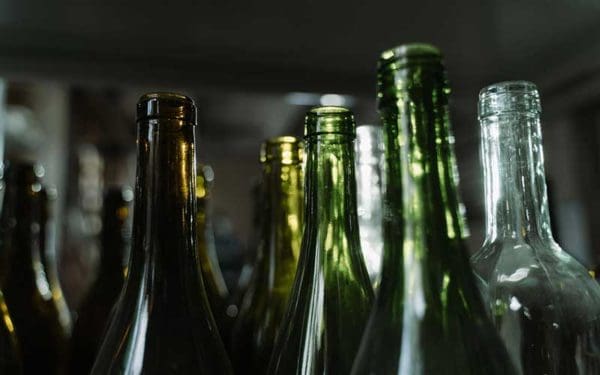
Located in the North End of Boston, Massachusetts, Uvida Shop is the city’s first-ever Zero Waste store – a retail destination that sells products with no single-use plastic packaging. Owner and CEO Maria began this venture while studying environmental science and sustainability at UMass Boston.
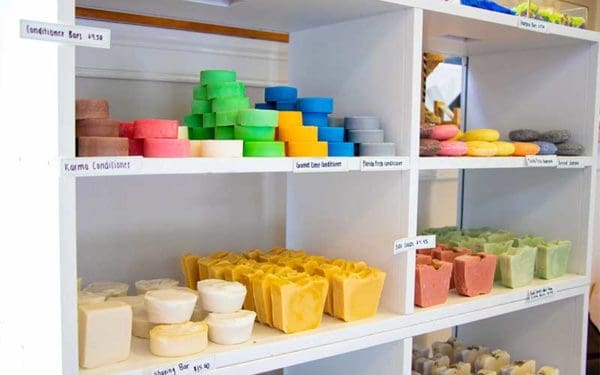
Connecticut’s updated bottle bill is both a step forward and a step back. We break down the good, the bad, and the ugly of the new legislation.
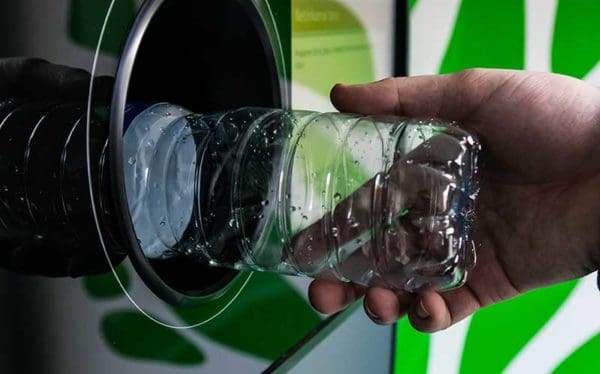
Experts are refuting the plastic industry’s claims that reusable bags carry and transmit COVID-19. One public health expert, Dr. Ben Locwin, spoke with CLF about why reusables do not increase the risk of infection, and how washing your reusables with soap or detergent reduces any theoretical risk of transmission.
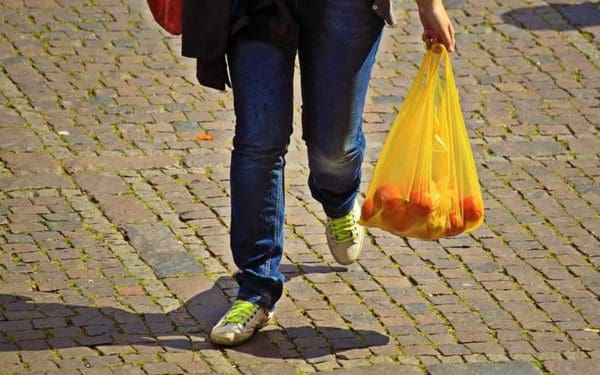
The waste industry claims that their so-called “waste-to-energy” technologies can help combat the climate crisis by reducing climate-damaging emissions. But these claims are misleading and inaccurate. Burning trash to create energy will not solve the climate crisis or our growing waste problem.
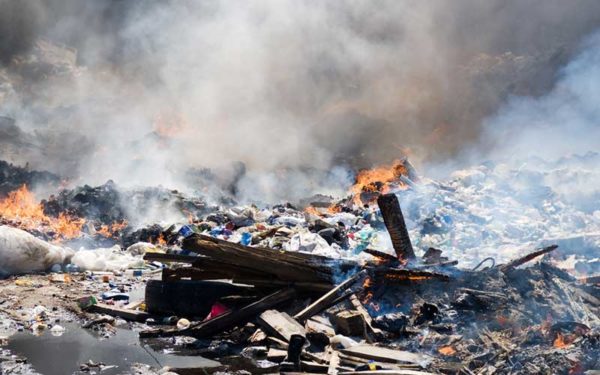
The plastic industry has been trying to take advantage of the pandemic to maximize profits. But fueling fear during a public health crisis is outrageous and must be called out. To truly protect public health and the environment long-term, we need full-scale reuse systems.
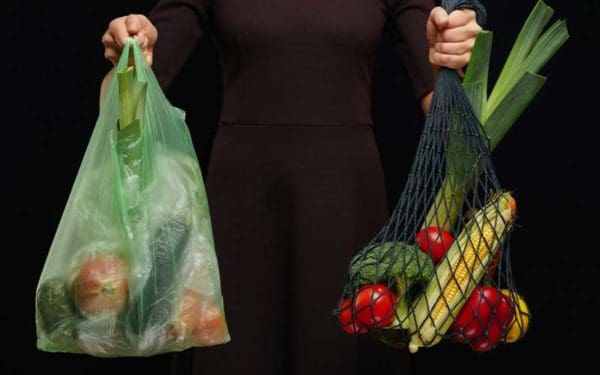
At the outset of the COVID-19 pandemic, staffing concerns caused many New England states with bottle return programs to temporarily stop enforcing collection requirements at grocery stores, supermarkets, and liquor shops. Connecticut was among the states pressing pause on bottle bill enforcement. But as of May 20, the state’s Department of Energy and Environmental Protection (DEEP) has reinstated bottle collection requirements at these retail sites.
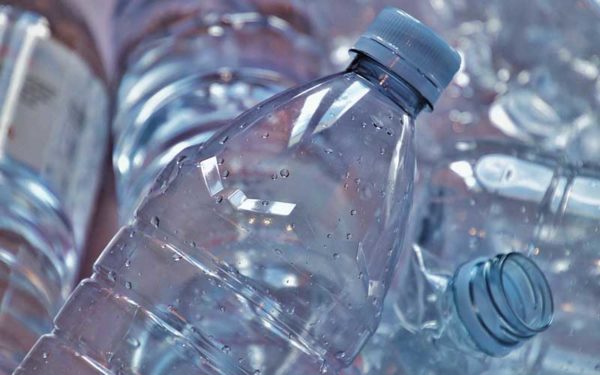
My first day on the job as Connecticut River Conservancy’s newest River Steward was a whirlwind – literally. We got an early morning start with our friends at the U.S. Fish & Wildlife Service for a windy trip up and down the Connecticut River on their airboat. As we came to our first stop and dismounted the boat, I was shocked and disappointed to see the amount of plastic bottles and nips littering Connecticut’s shoreline.
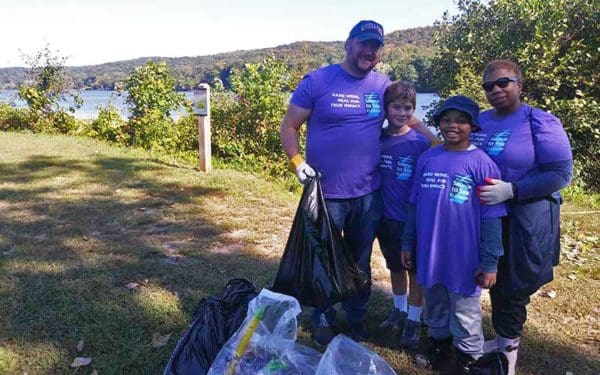
Despite many good intentions, curbside recycling has turned out to be a disaster. But that doesn’t mean recycling is dead. We have solutions. One of the best systems for recycling our plastic, glass, and aluminum containers is the bottle return program, also known as the “bottle bill” or deposit-return.
